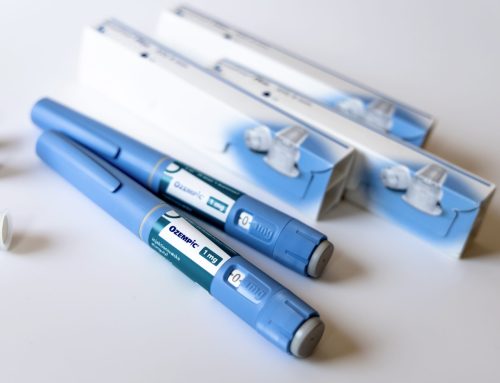
Regardless of how long ago a childhood trauma occurred, it can affect your present physical and mental health. Traumas are events that can threaten your life, dignity, or mental well-being. These events can trigger a physical or emotional reaction and lead to a variety of mental health issues. Many people who receive professional help at an addiction treatment center have symptoms of a trauma-related condition.
Traumatic events can range from physical abuse to the death of a loved one. A person does not have to experience the event. Witnessing trauma can be enough to trigger mental health issues or substance. Trauma therapy is available specifically for people who have childhood trauma in their past. Trauma-informed care is specifically designed to treat past trauma without causing the individual to relive it during therapy.
What Is Childhood Trauma?
Children are still in the early stages of mental and emotional development. As a result, they may perceive an event differently than an adult. They will carry their perception of that event and the emotional baggage into adulthood if their trauma is never addressed properly. Many children who experience an event may suffer from post-traumatic stress disorder, developing the symptoms over time. Childhood traumas may include:
- The death of a loved one
- Abuse
- Abandonment
- Volatile home environment
- Extreme poverty
- Divorce
Traumas are characterized by how they affect a child. Some children may not be traumatized by the separation of two parents. They may be able to adapt to their new situation even if they feel some emotional pain. Other children, however, may be traumatized to the point of needing professional treatment for a condition. It is never safe to assume that a child is okay after a traumatic event. Parents should follow up with some form of counseling or care afterward.
Understanding Post-Traumatic Stress Disorder
Post-traumatic stress disorder (PTSD) is a mental health condition triggered by experiencing or witnessing a horrifying or catastrophic event. The condition can develop as early as two to three weeks after a childhood trauma and continue into adulthood years after the initial event. Symptoms of PTSD may include
- Intrusive memories or flashbacks
- Avoidance
- Negative thoughts and moods
- Changes in emotional and physical reactions
- Suicidal thoughts
A person who suffers from PTSD may re-enact the event in their mind multiple times throughout their life. Also, they may keep their guard up or be easily frightened. This can lead to insomnia, anxiety, social isolation, or emotional outbursts. PTSD varies in intensity over time, typically growing worse over the years. Consequently, it is only in an individual therapy program that someone may discover that PTSD is what led to their mental health issue or addiction.
The Benefits of Trauma-Informed Care
Clients who undergo therapy for PTSD need treatment that does not re-traumatize them or trigger past painful feelings and memories. Therapy such as cognitive-behavioral therapy or dialectical therapy may not be effective because clients are often asked to dig into their past to better understand their current condition.
Trauma-informed is an approach that assumes that the client has a history of trauma. Instead of digging into the past, which can lead to traumatization, therapists focus on current symptoms and helping the client stay focused on the present and the future. Addiction treatment therapies offer safe treatment environments that give clients more control and choice in moving forward with therapy.
Learn More About Trauma Therapy at Georgia Addiction Treatment Center
You don’t have to let trauma destroy your life forever. Georgia Addiction Treatment Center offers comprehensive treatment for trauma-related mental health issues and substance abuse. We can help you overcome childhood trauma through our trauma therapy programs. Contact Georgia Addiction Treatment Center at [Direct] to find out more about your treatment options.





